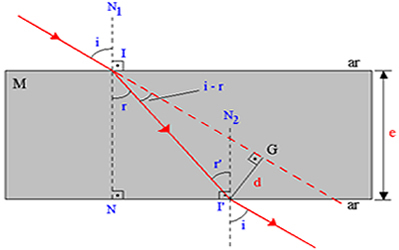In science, we are always looking for answers to the mysteries that surround us. One such mystery is the ability of certain animals to enter a state of hibernation, reducing your body temperature and metabolism. However, in a study published in Nature Metabolism, researchers explored this state in rodents using ultrasound.
Hibernation in humans?
see more
Alert: THIS poisonous plant landed a young man in the hospital
Google develops AI tool to help journalists in…
Scientists have always been intensely curious about how some animals manage to enter a state of hibernation, lowering your body temperature and metabolism to save energy.
After all, it would be amazing if humans could do that too, wouldn't it? With that in mind, these researchers decided to explore this possibility in the laboratory.
They conducted experiments with mice using the ultrasound-induced hypothermia and hypometabolism technique. They used an adapted version of the conventional one to emit ultrasound waves at specific frequencies.
Mice subjected to ultrasound showed a significant decrease in body temperature, reaching a state similar to hibernation.
Furthermore, their metabolisms also slowed down, meaning they expended much less energy. The researchers believe that the ultrasound stimulated certain areas of the brain of the rodents, activating a natural energy conservation mechanism.
The surprising results of this experiment provide new insights into the mechanisms behind hibernation and raise the possibility of developing similar applications in humans.
Early but promising study
Of course, there is still much to be explored and understood about this technique. Researchers are investigating the long-term effects and potential benefits to human health.
The study is only in its early stages, and there are many hurdles to overcome. We still don't know, for example, whether this technique could be safely and effectively applied to humans.
Such a state of hibernation can potentially increase the likelihood that patients will survive emergency situations. life-threatening (such as heart attack or stroke), reducing disease progression and metabolism.

